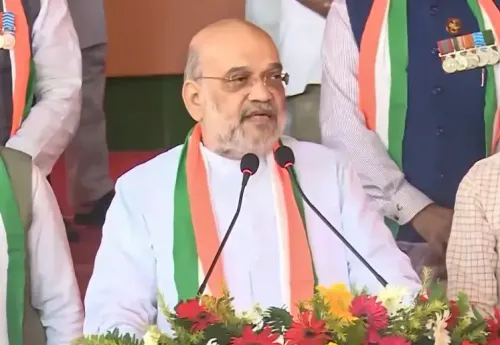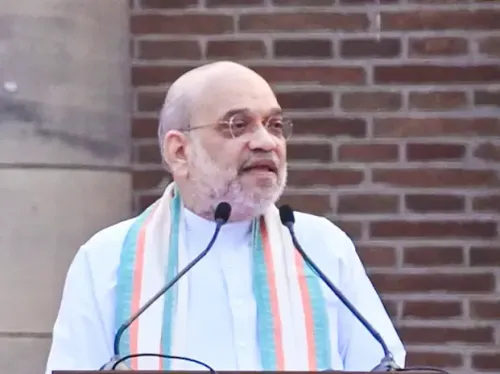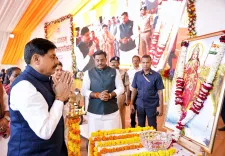Did Tejashwi Yadav Just Challenge PM Modi on Caste Census?

Synopsis
Key Takeaways
- Tejashwi Yadav supports a nationwide caste census.
- He criticizes the NDA's past opposition to such initiatives.
- The Bihar caste survey indicates OBCs and EBCs comprise 63% of the population.
- Yadav calls for economic justice involving the private sector.
- Systemic reforms are necessary for effective policy implementation.
Patna, May 3 (NationPress) The Leader of the Opposition in Bihar, Tejashwi Yadav, has penned an extensive letter to Prime Minister Narendra Modi, expressing his support for the Centre's initiative to carry out a nationwide caste-based census alongside the general census. In his correspondence, he also took a strong stance against the previous position of the NDA, urging the government to utilize the gathered data for holistic social justice reforms.
Yadav reminded the Prime Minister of the opposition and obstacles posed by NDA leaders and institutions during the 17-month tenure of the Grand Alliance in Bihar, when the state government initiated its own caste-based survey.
“For years, your administration and the NDA have dismissed demands for a caste-based census as divisive and unnecessary. When the Grand Alliance government opted to carry one out, central authorities and your party members actively questioned its necessity and created barriers,” Yadav stated.
He highlighted that the Bihar caste survey indicated that OBCs and EBCs make up nearly 63 percent of the state's populace — a finding that “shattered long-standing myths” and underscored the pressing necessity for inclusive governance.
“Similar trends are likely to surface at the national level,” Yadav remarked, “and the acknowledgment that marginalized communities represent a vast majority while being underrepresented in power should trigger a democratic awakening,” he asserted.
While endorsing the Centre's decision, Yadav warned that merely collecting data is not enough.
He argued that the caste census should be a foundation for reassessing reservation policies, including the arbitrary quota limits, reconfiguring electoral constituencies during delimitation based on caste statistics to ensure equitable representation, and enhancing political representation for OBCs and EBCs in state assemblies and Parliament.
Yadav also stressed the necessity for economic justice, contending that the private sector, which has long profited from government subsidies and public resources, must be included in the inclusivity dialogue.
“It is entirely reasonable to expect private enterprises to reflect the social makeup of our nation across organizational hierarchies,” he stated.
Quoting the Directive Principles of State Policy, Yadav urged the government to formulate targeted interventions utilizing the caste data to mitigate economic disparities and guarantee fair resource allocation.
“Prime Minister, your administration stands at a pivotal juncture. This decision can be a transformative moment — if utilized as a catalyst for systemic reforms rather than being shelved like previous commission reports,” Yadav concluded.
The letter indicates the intensifying political discourse surrounding the caste-based census in anticipation of the 2025 Bihar Assembly elections, with both the NDA and Grand Alliance vying for moral and political ownership of the issue.









